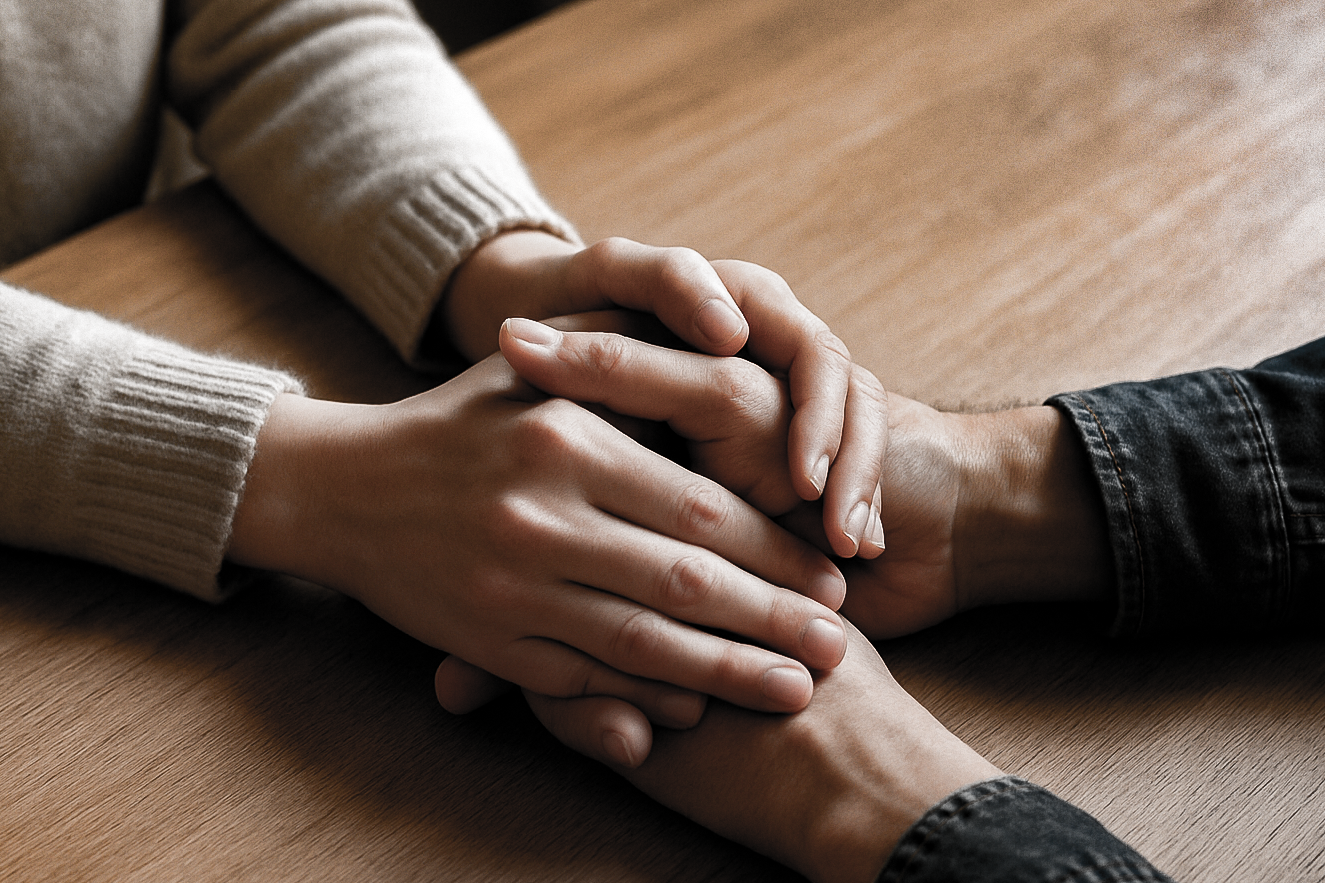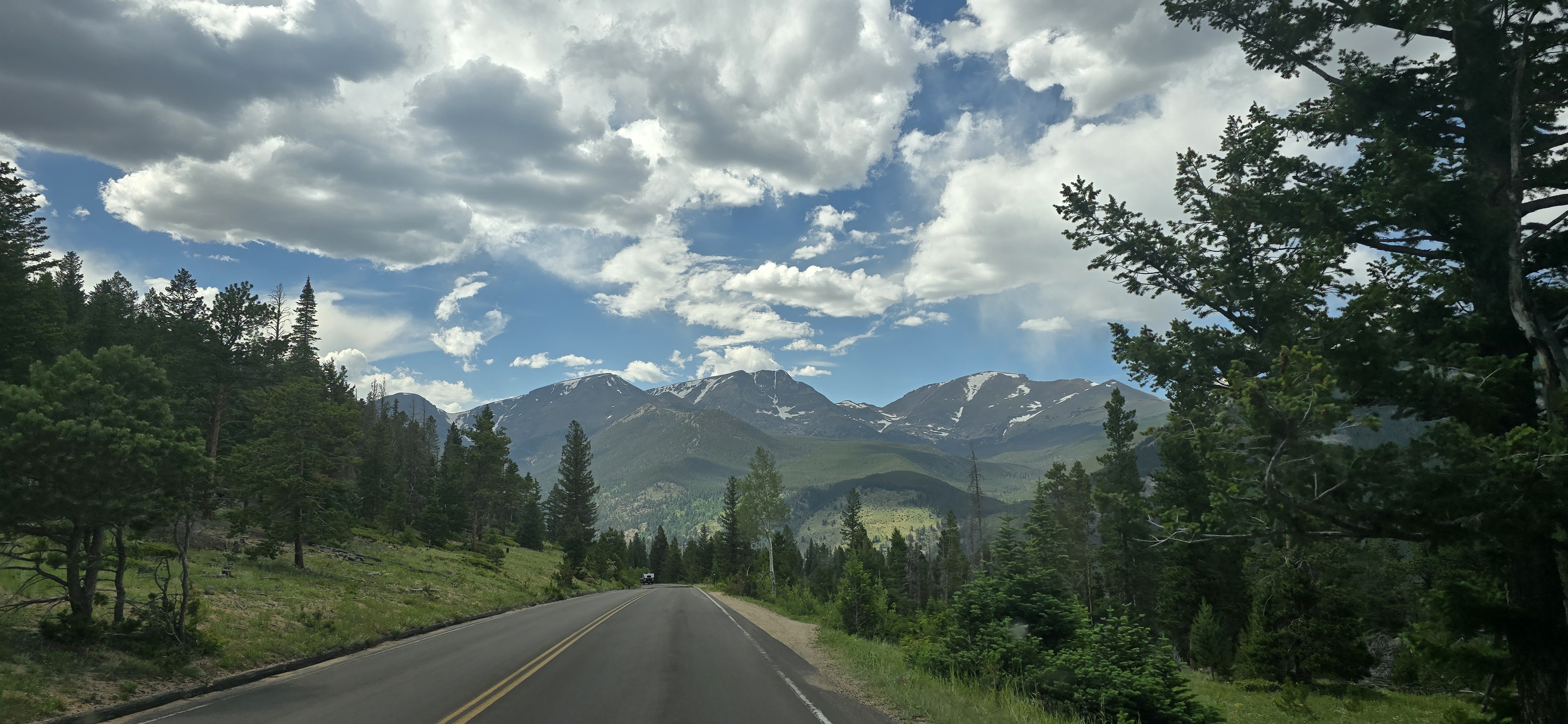

‘Unit cohesion’ x 3
By Gregg Piburn
“You’re not alone and life is worth living,” is a message Marine vet Noah George wants to convey. “I would much rather hear your problems than go to your funeral.”
Noah has earned the right to be so outspoken about the suicide problem among military vets. He has lost friends to suicide and considered that route himself. Now he works in his low-key, outdoorsy way to help prevent more self-inflicted deaths.
What paths led Noah to this point in his life?
He grew up in Virginia, didn’t want to go to college, and went anyway for a year. Not a good fit. He went back to his hometown. His uncle, an Air Force major, encouraged him to enter the military. Noah joined the Marines at the age of 19. “I wanted that extra discipline and hardship the Marines offered.” The Marines obliged.
From 2016 to 2020 he served and his Military Occupational Specialty (MOS) was mortarman in the infantry. He learned to launch mortars at targets and also was trained in explosives and for a rifle platoon. As you can imagine, his workdays were often rock-concert loud.
Before Noah became a Marine the fighting in Afghanistan and Iraq wound down. So a primary role for Noah and his unit was to train foreign troops. “Join up and see the world” proved true in his experience. Based at Camp Lejeune in North Carolina, Noah had tours in Romania, Israel, Greece, Norway, Iceland, South Korea, the Philippines and Japan. “We taught the troops our tactics and how to use our weapons systems.” He also spent plenty of time on Navy ships traversing the world.
Sounds kind of glamorous but can be a challenge for an introvert to regularly work with new people in new lands punctuated with frequent booms of weapons
Strong Bonds
But something positive through this helter-skelter existence was “unit cohesion,” a concept the Marines preached and Noah found true. In the dangerous and irregular lives of those in the military, strong emotional bonds often develop within a company or platoon.
“A tight unit is not weakened by enemy or internal forces as they work together on focused missions,” Noah explains. “It doesn’t matter where you came from and military units often have a mix of every background of America there is. That really opens up your minds. The longer you’re with a platoon or unit the closer you get. Going through tough times with people really bonds you.” Noah still speaks regularly with his former comrades. Unit cohesion, Marine style.
Noah’s “path” took an interesting twist when he left the Marines a week after the Covid lockdown began. Most of us hunkered down in our homes by ourselves or with close family members. Not Noah. He lived with a brother for a month and then spent the next five months living out a lifelong dream of walking the 2,193-mileAppalachian Trail. He started by himself but over the course of his major-league hike met and wandered with up to 10 people off and on. Mother Nature proved to be a wise teacher along with his 10 or so wilderness adventurers.
“The Marines had given me a negative feeling about strangers, who could be out to get you, so you have to protect yourself.” Going into that hike he had high anxiety about meeting people on the trail. But those chance encounters brought him valuable insight.
Journey of Growth
“Nobody was working jobs and I was having the best time of my life, walking all day and hanging out with strangers,” he says with a smile. “I discovered people would do anything for each other, including sharing their last morsel of food. They taught me a new way to think about people. Going from four years in the infantry blowing up things to daily walks in the woods with nobody yelling, the peace and quiet, it saved my life, honestly. The trail gave me hope.” Unit cohesion on the Appalachian Trail.
Another path led him to Colorado, where he earned an associate’s degree in forestry at Front Range Community College in Fort Collins. For one school assignment he marked dead trees at the site of the Alexander Mountain Fire in the foothills west of Loveland. He noticed a group of military vets cutting down dead trees nearby and asked his teacher to introduce him. It was his first encounter with Combat Recovery Foundation (CRF). The next three days Noah volunteered with his new CRF friends to cut down more dead trees. The rest is history.
Now Noah works parttime for CRF, a Loveland-based non-profit designed primarily to help prevent suicide. For more information – including how to be served, volunteer or donate – visit combatrecoveryfoundation.org.
Noah is a team lead for a CRF project to build an outdoor retreat center. “The goal is to get vets into nature and into our community.” He knows what it’s like to be at a low point and feel on the outside “From the start, I felt a bond with CRF.” Noah says. “CRF Founder Marshall Spring, another Marine, is fully supportive if you are passionate about something. The whole CRF team has your back.” Noah has lived in Colorado four years but notes that it is only the last nine months, since introduced to CRF, he has felt part of a strong, healthy group in the area.
“It does a lot of good for all of us to sit around a campfire and share similar military experiences." Noah says of the regular events in the Colorado foothills. “And it’s cool we’re doing forest restoration at the same time.” Unit cohesion at CRF.
Different Kinds of Restoration
Along with his part-time job at CRF, Noah now works full time for AloTerra Restoration Services. Right now Noah works on stream restoration, helping build beaver dams in burn areas, an effort that improves water quality and minimizes erosion. It turns out Noah also works on people restoration, helps build community designed to improve lives of those who have been traumatized.
“I want to help more people,” Noah says. Because Noah lost friends who killed themselves, he now feels better equipped to help prevent suicides.
His message to those who are hurting: “You’re stronger than you think. Don’t let that voice inside your head control you. Reach out to somebody if you are suicidal or depressed. There will be at least one person who will listen.”
You are not alone …and there is hope.
Read more

Monetizing Sacrifice – How cowards make profits off the brave
The Illusion of Support – From baseball stadiums to burger chains, from billion-dollar government agencies to your Facebook feed, the message is everywhere: veterans are honored, supported, and taken care of. But look closer...

Given Another Chance
Veterans Treatment Court (VTC), offers alcohol and drug treatment resources and assistance to eligible veterans who commit to a recovery plan.

Time for Communities to Step It Up
Will American communities step forward to do their part? - An Interview with Marshall Spring
